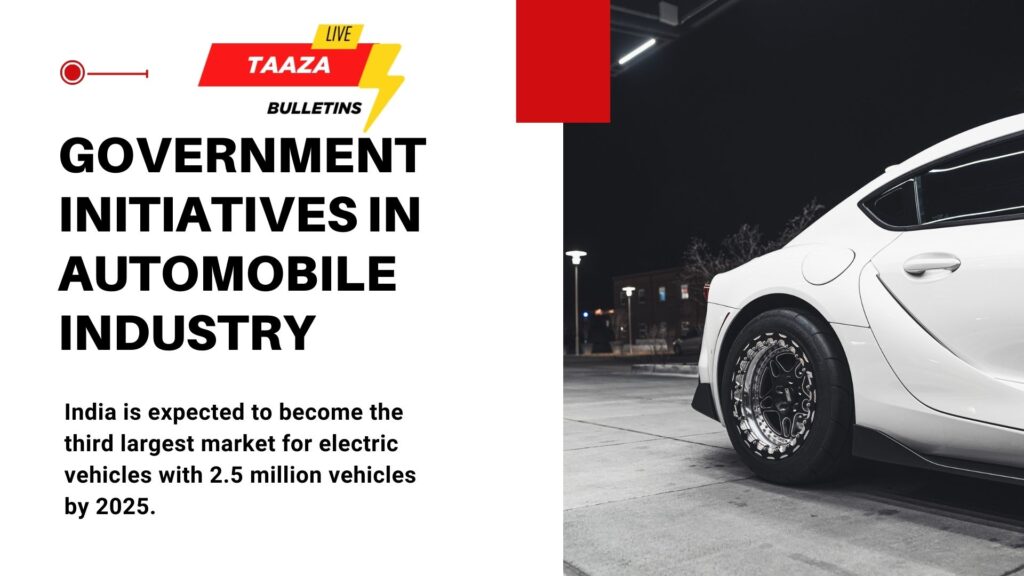Last week at Siggraph, Nvidia’s CEO Jensen Huang and Meta’s (formerly Facebook) CEO Mark Zuckerberg were the main speakers.
Last week at Siggraph, Nvidia’s CEO Jensen Huang and Meta’s (formerly Facebook) CEO Mark Zuckerberg took center stage. Although Huang’s fireside chat didn’t introduce any groundbreaking ideas, the following discussion between him and Zuckerberg was truly captivating, especially regarding the topics they chose to avoid, like the future of Facebook in relation to AI. However, from their conversation, I believe I can piece together some insights. The two leaders had contrasting views on the future of personal technology; Zuckerberg emphasized possibilities, while Huang concentrated on the necessary actions. This intriguing difference is definitely worth delving into, and we’ll explore it further this week. To wrap things up, I’ll share my Product of the Week, which is a lifesaver during this season if you’re looking to stay cool at night without breaking the bank on air conditioning.
The interaction between Zuckerberg and Huang was truly captivating for a variety of reasons. One standout aspect was how Zuckerberg came across as a genuine individual rather than the robotic persona he often portrays. He was engaging, seemed to genuinely appreciate Huang, and not only appeared intelligent, which is typical for him, but also relatable, which is a refreshing change. It brought to mind the moment in “Star Trek: The Next Generation” when Lore, Data’s more expressive brother, made his entrance. Zuckerberg’s interpersonal skills have noticeably improved since I last observed him, a transformation that likely required significant effort and has clearly paid off. I believe he will be much more warmly received now. If you take the time to watch the video and set aside any preconceived notions, Zuckerberg comes across as both bright and down-to-earth, marking a significant step forward.
The Future of Personal Technology…
Huang and Zuckerberg delved into numerous topics, but their conversation took a turn towards the future of AR/VR headsets when they began discussing cutting-edge devices. It’s important to note that smartphones are fundamentally similar to the graphical user interface (GUI) we were introduced to with PCs. Essentially, they are miniature PCs equipped with touchscreens instead of traditional keyboards and mice. Yet, AI, especially in the form of conversational AI, has the ability to use spoken language as a means of interaction. Interacting with your phone might be a current use case, but wouldn’t it be more practical to wear a device that places the microphone closer to your face and features a display right in front of your eyes? Currently, it’s common to see individuals walking around with their faces buried in their phones, which poses significant safety risks. Yet, imagine if the display was made transparent, allowing for a camera similar to those in self-driving cars. This could alert users to potential obstacles and vehicles, freeing up their hands for other tasks or to assist with balance. Zuckerberg was still contemplating his Ray-Ban Meta Smart Glasses, which are designed to receive commands, play sounds, and capture photos. However, the absence of a built-in display is a drawback, as it would increase the cost and make the glasses heavier and more cumbersome. He was correct in pointing out that people have been hesitant to wear a heavy headset like Apple’s Vision Pro, which is the closest in terms of functionality to what Huang envisioned as the future of AR/VR.
Ray-Ban | Meta Smart Glasses (Video Credit: Meta)
He was right in saying that any new headset should match the visual features of the Vision Pro, but in a design that’s more like glasses and significantly lighter. The technology to achieve this isn’t quite there yet, which is why Zuckerberg’s immediate plans are gaining attention. However, I believe that true success would involve a device that has the advanced capabilities of an updated Vision Pro (or Meta Quest) while being as lightweight and efficient as the Ray-Ban Meta Smart Glasses in terms of battery life. This future device could potentially take the place of smartphones and mark a significant shift towards AI digital assistants that understand how to work with you, rather than requiring you to adapt to their way of functioning.
The Future Facebook…..
A concerning aspect of the dialogue between the two men was Zuckerberg’s remarks about recommendation engines and their potential use in enterprise e-commerce systems.
What raised my eyebrows was how closely it resembled the approach taken by some individuals at Netscape, which ultimately led to the company’s downfall. Creating enterprise software is a challenging task that demands a brand recognized and trusted by enterprise buyers, and neither Facebook nor Meta possesses that kind of brand reputation. I’m aware that at least one former Netscape employee is on Meta’s board, and I sincerely hope this individual hasn’t persuaded Zuckerberg to make the same critical error that Netscape did.
On a brighter note, implementing a recommendation engine on Facebook could greatly enhance the way ads are displayed and foster connections among users with shared interests. This enhancement would bring Facebook back to its original purpose of facilitating and nurturing friendships.
With the right application of AI, Facebook has the potential to transform into a much more effective advertising platform. The reduction of scam ads I used to encounter on Facebook indicates that the platform has made significant strides in recent years.
Picture a future version of Facebook that not only highlights products and services you might not be aware of but also introduces you to new people who share your interests and personality traits, potentially leading to deeper connections beyond just being friends on the platform.
When utilized effectively, AI could transform Facebook into a tool that helps combat loneliness for individuals of all ages by linking them with others or even AI companions for meaningful conversations, all while ensuring safety from scams and abuse.
In this context, Huang and Zuckerberg discussed the concept of digital humans, touching on Huang’s progress in creating his digital counterpart. The potential to develop digital replicas that can represent you when you’re busy or assist those who struggle with social interactions while helping them improve their skills could lead to significant advancements.
The conversation between Jensen Huang and Mark Zuckerberg at Siggraph is definitely worth tuning into. One is a pioneer in AI technology, while the other emphasizes its practical applications, although their paths often intersect. Engaging in discussions like this provides insight into the current state of technology, its successes, and a clearer vision of its potential direction in the near future.
In this context, the idea of a head-mounted smartphone replacement, akin to glasses, highlights the upcoming advancements in personal technology. Meanwhile, the dialogue surrounding AIs and recommendation systems sheds light on Facebook’s future, hinting that Meta could potentially repeat the missteps of Netscape.
Understanding these possible futures equips us to navigate them, making this year’s main stage event at Siggraph a must-watch.




